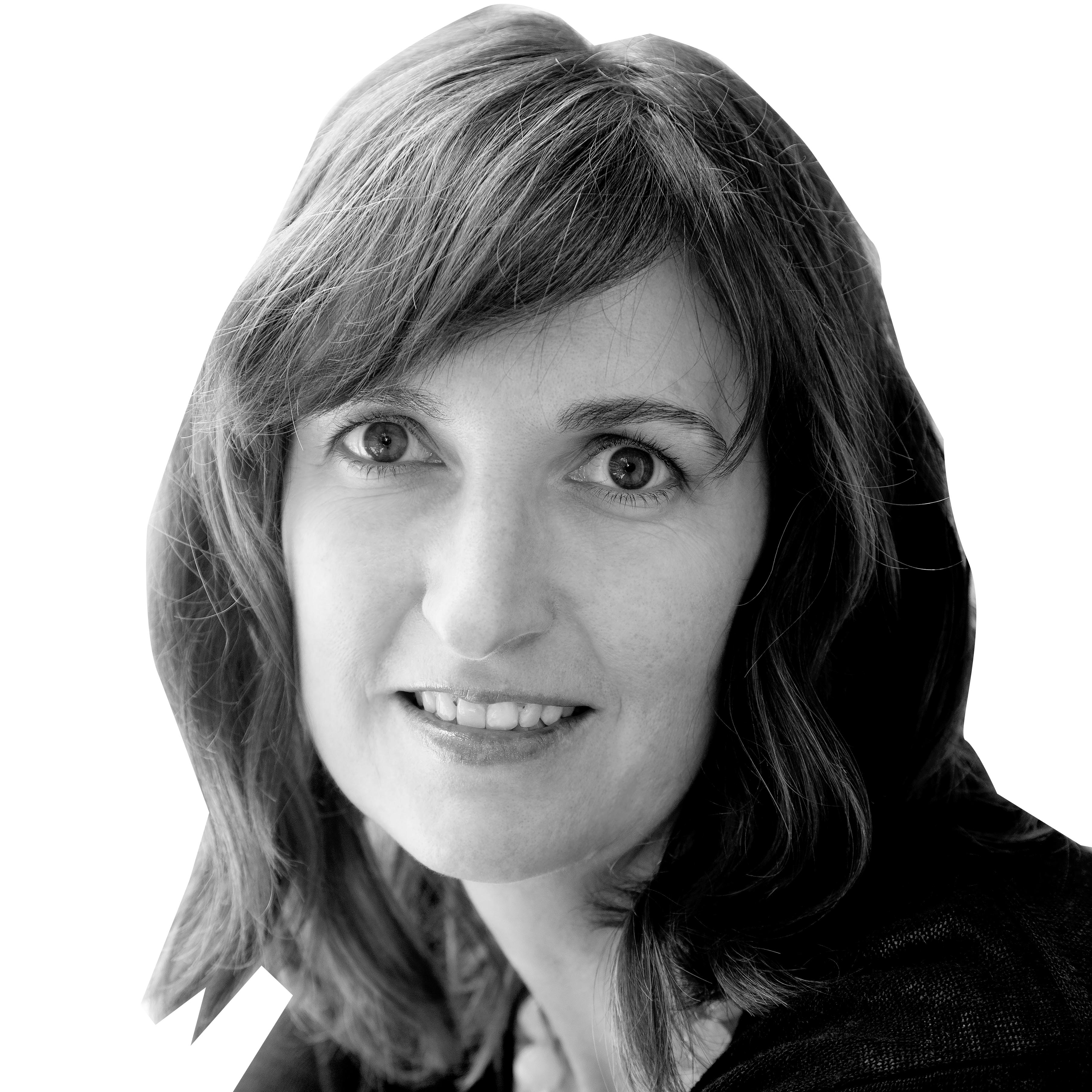Recently I confessed to an online audience that for the first eight months of the pandemic, I hadn’t finished a book. Not one. Immediately, people chimed in to say that they too had been finding it difficult to read. And yet, I kept seeing headlines in my newsfeed that reading was up, book sales were up. Were people buying books and not reading them? I know I was. Were people reading more, but not actually finishing books? Or was I doing something wrong with my quarantine? I mean, I also don’t have any new crafting hobbies.
At the beginning of the pandemic someone told me that some people respond to distress with a flurry of activity, and others almost shut down as if to conserve energy. I am definitely the former type—I cleaned our house from top to bottom in April 2020—except, apparently, when it comes to reading. And not being able to finish a book is concerning for me, because of my job.
I am a writer and a professor of English, so being a non-reader is not usually a problem I have. And it was embarrassing. At one point last year, I put off an outdoor socially distanced walk with a friend because I knew that friend would want to talk about the book they’d recommended, and that I told them I’d started it four months ago. I mean E.E. Cummings apparently read James Joyce while in quarantine during the 1918 pandemic, and I couldn’t get through an Ursula K. Le Guin novel? I even told my creative writing students, the first week of their new and involuntarily online course in March 2020, about all the amazing works of literature that would be published in the years following the 1918 pandemic (Fitzgerald, Hemingway, Wharton, the Harlem Renaissance), and even though this is an article about reading, I might as well admit I wasn’t writing much either.
And yet, studies throughout the world have reported an increase in reading during COVID-19, citing lockdown and more time at home. Global English Editing reported that we read 35 percent more, and 14 percent of us read significantly more as a result of the pandemic. Digital reading is up, as are sales of books about cooking, health, isolation—and global outbreaks.
So, what was wrong with me? Like I said, I was still buying books at the regular rate I always do, supporting writer friends and filling my Bookshop cart with books I heard about while talking to colleagues and students, but the stack on my bedside table was becoming unwieldy.
The rise in reading, science says, happened because we wanted escape—we had more time and we apparently found that reading reduced stress.
But I did not find that reading reduced my stress. Reading the news cycle, in fact, greatly increased my stress. And as a writer and teacher of literature, reading for “fun” is something I know how to engage in, but it means I have to really quiet down a part of my brain. And that wasn't working.
Not only could I not concentrate, I did not in fact have extra time to read. As it turns out, some of the many studies about increased reading have revealed that parents of young children (of which I am one) were also reading more—but only to their children. This might have been true of me, except that my six-year-old daughter’s reading exploded during the pandemic as she discovered chapter books, graphic novels, and that she preferred the company of Harriet Hamsterbone to that of her family.
So not only was I not reading more, I was reading significantly less. I'm not exaggerating when I say I did not finish a book. Not one book. It was difficult not being able to rely on something, really two things—writing and reading—that I have relied on my whole life as escapes and stress-reducers. And while I am delighted that globally more people engaged in the world of letters that I usually live in, at the time, it only added to my despair and sense of isolation.
It was like so many other things in this last year of the pandemic: it’s hard to describe the ways in which we were not alright. Of course, this last year, every conversation seemed to start the same, every answer to “How are you?” was that we were grateful not to be seriously ill, that we were OK. And it was good, even important, to hang onto that bigger picture of gratitude for our collective well-being. It seemed trite to say, “Well, you know, I'm fine, except I can't read anymore.”
But when I did finally confess online this one way in which I was not myself (I can’t read anymore, folks!) and others told me that they, too, were struggling, something clicked. I felt better. I was not alone. I began to tell myself over and over again that “It's OK not to finish a book right now.” I even became more sympathetic with my struggling students than I had ever been before. “It’s OK!” I'd say brightly to a surprised student. “The pandemic is frying our brains! I can't read this book either!”
And I was relieved to find that at least one UK study reported that “People spent more time reading and seeking escape, but an inability to concentrate meant they made less progress than usual.” This seemed crucial. So many short articles have simply reported that people are reading more, and have not looked at the nuances of that reading. I do hope that someday we look more into pandemic reading habits. I'm already wondering if Cummings read Joyce, or reread him during quarantine? Or just stared at the pages for hours? (And I guess if anyone asks for history’s sake, let’s say I read all of Dostoevsky.)
I eventually began to forgive my inability to read, and started listening to more podcasts. But at the end of 2020, after eight months, I decided enough was enough. For Christmas I asked for thrillers and mysteries—usually the kind of reading I save for summer beach time—and it worked. Christmas day, I sat down on the couch with a coffee and The Winter People by Jennifer McMahon and I finished it that night. January hit and suddenly I read five books, front to back, in a month. I was delighted. It was like my brain remembered how to be engaged.
I still have a lot of catching up to do—and a certain Le Guin novel still lies half-finished, waiting for me to fully digest the experience of my year of being a non-reader—but I’m currently making my summer reading list and even though it’s as overambitious as always, I’m grateful that this summer, I’ll at least make a dent in it.







